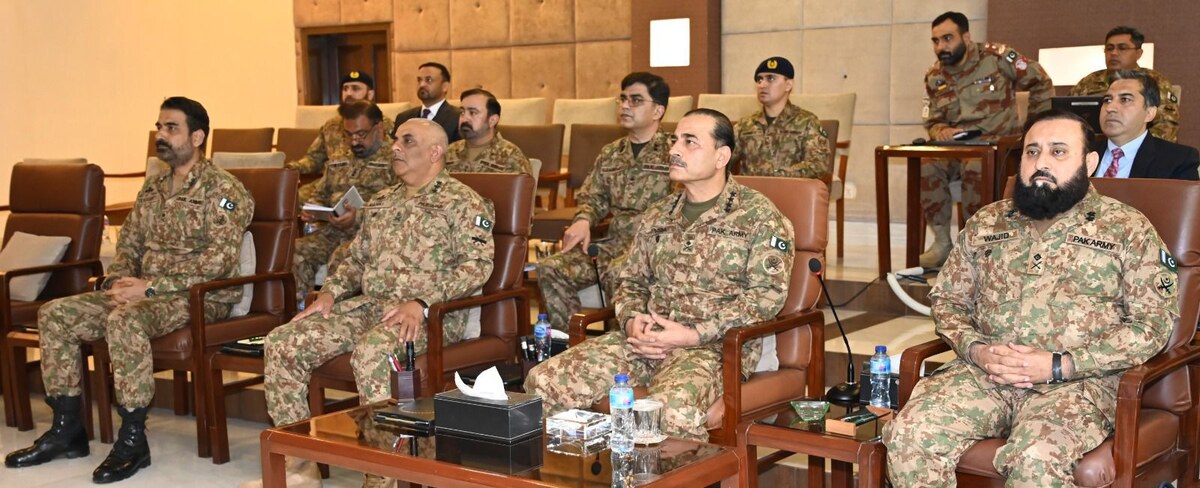ISLAMABAD: Pakistan’s state minister for petroleum, Dr. Musadik Malik, has said that the country will receive its first consignment of crude oil from Russia in the first week of April, Pakistani state media reported on Friday, amid an economic crisis in the South Asian country.
Russia had conceptually agreed in January to supply crude oil and oil products to cash-strapped Pakistan at cheaper rates and signed several memoranda of understanding with Pakistan’s energy ministry. Following the signing of the deals, Pakistan said it wanted to import about 30 to 35 percent of its total crude oil requirement from Russia.
At the time, Dr. Malik said the two countries would finalize commercial details of the deal in March and Pakistan would start receiving cheap oil from Russia by the end of April, but he told a private news channel on Thursday that the first consignment of Russian oil would reach the country ahead of the scheduled date.
“The first consignment of crude oil from Russia will arrive in the first week of April,” the state-run Radio Pakistan broadcaster reported, citing the state minister.
“People will get relief from the [petrol] price hike after the arrival of oil from Moscow.”
Pakistan’s energy procurements from the international market constitute the most significant portion of its import bill, putting immense pressure on its forex reserves that have plummeted to critically low levels over the last few months.
Islamabad has also faced problems in recent months in buying liquefied natural gas (LNG) from the global market due to spot prices that largely remain out of its reach since Russia’s invasion of Ukraine. Local media reports suggest the South Asian country’s oil supplies have remained tenuous due to issues with clearing import payments.
Historically Pakistan has had no major commercial relations with Moscow, unlike neighboring India, and as a traditional US ally, it had also been hesitant to do trade or any business with Russia in the past.
The South Asian country currently depends on oil from Gulf countries, which have often extended facilities such as deferred payments and supplied oil with lower transport costs, given Pakistan’s relative proximity.






















